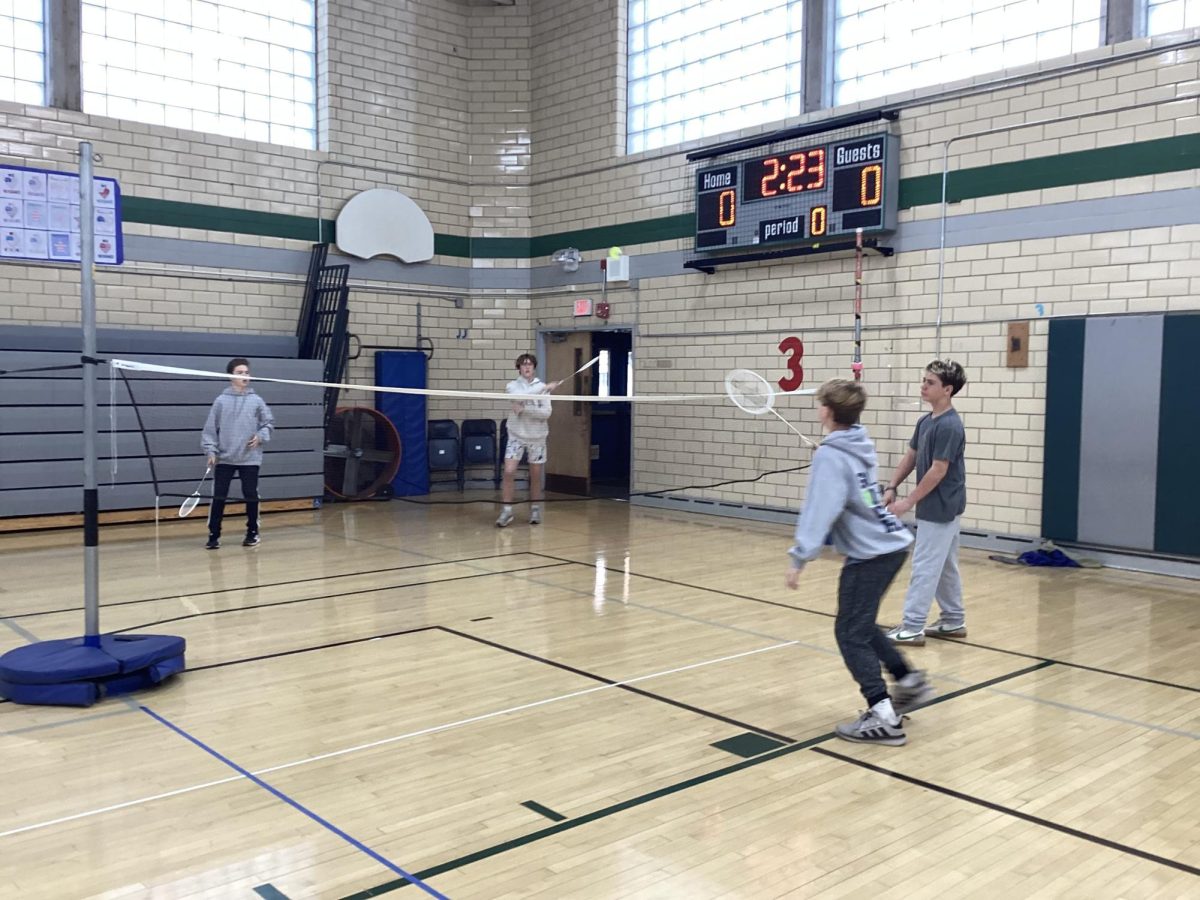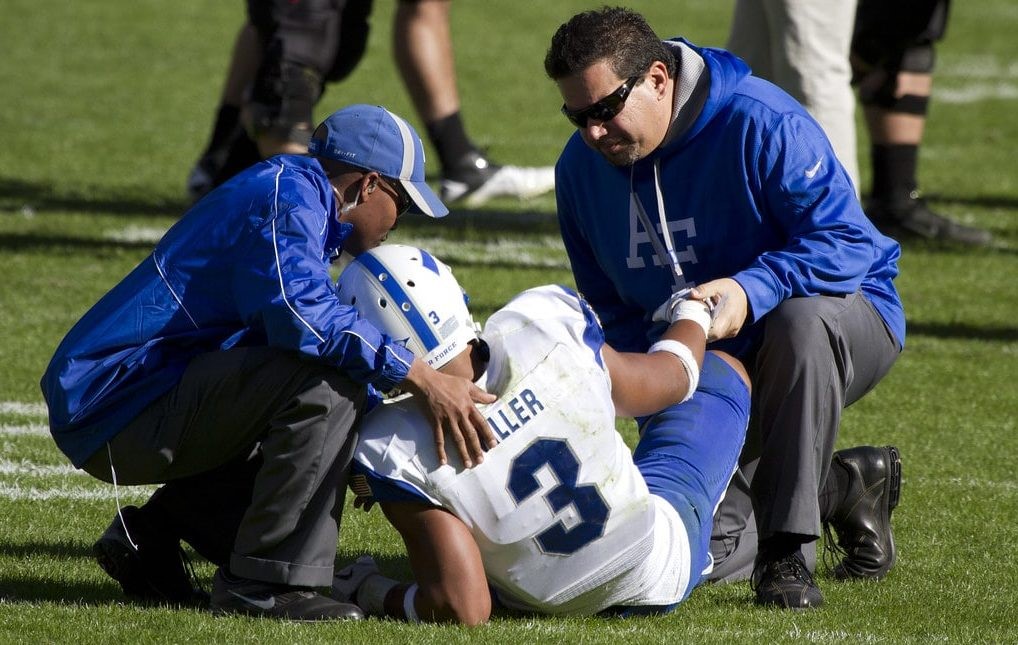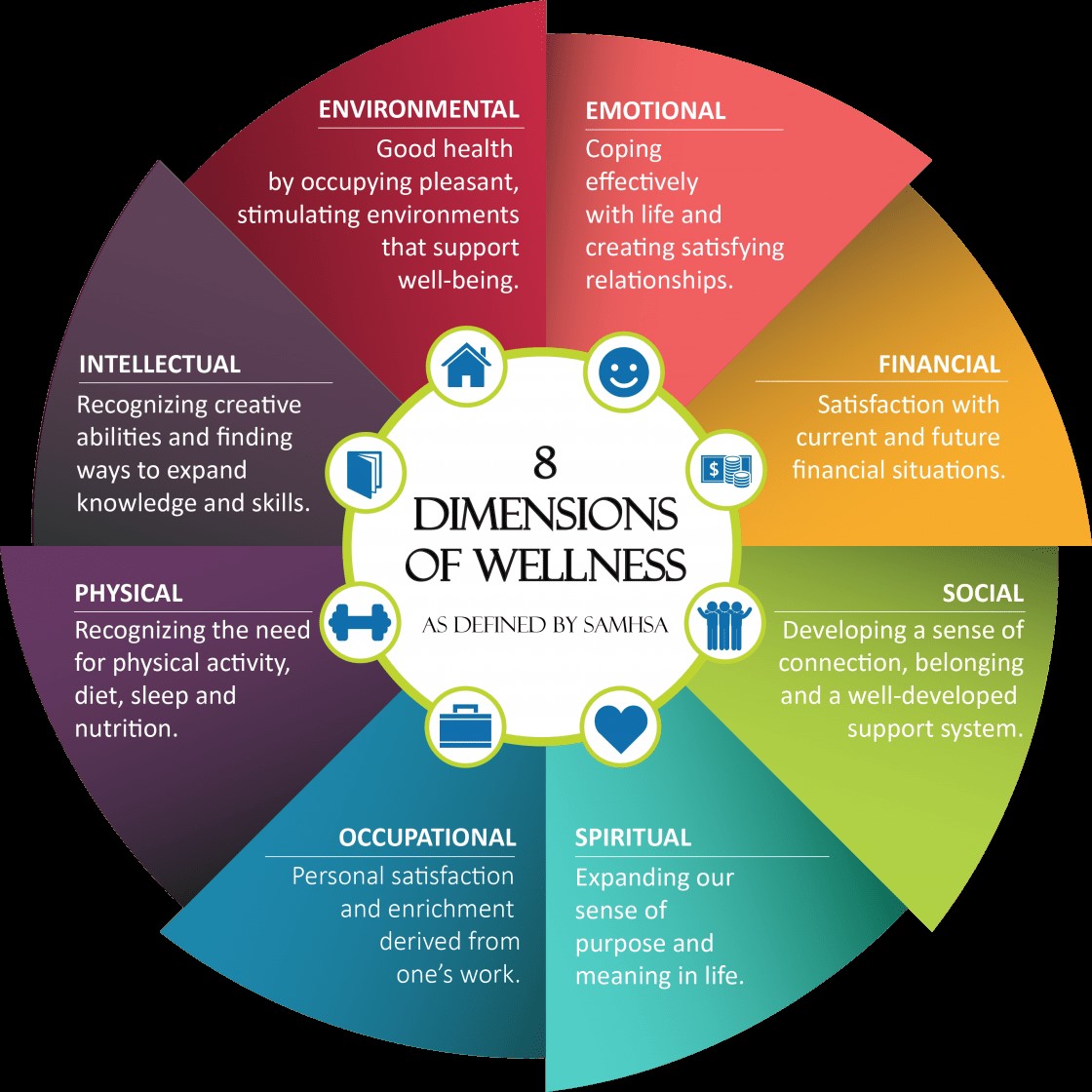Imagine you get home from a long day of school and practice, your head pounding, your stomach rumbling and sweat dripping down your face. You’ve just had a two hour long practice and have a million things to do. You open up your agenda to see hours worth of homework, lessening your time to shower, eat, and most of all sleep. Gym class is made to be a structured period where students can move their body, learn about fitness, and some say can even increase academic performance, but what does this mean for student athletes who do these things at length after school? Gym class should be optional for student athletes because it would give them more time for homework and be better for students’ mental health.
Studies show that an average of 30% of student athletes struggle with mental health.This could be due to many reasons but almost all of them revolve around school and sports. Students are being given an excessive amount of homework, some believe it to be twice as much as their parents were given in the 1990s. This is a big problem when it comes to causing stress on already overworked athletes. Specialists at the University of San Diego tell us higher-achieving students — those who may have more homework — are at particular risk for stress-related health issues including sleep deprivation, weight loss, stomach problems and headaches¨ (University of San Diego). All of these side effects are based solely on the stress homework gives students, but what if we could reduce this stress?
People who don’t participate in sports could get a lot out of gym class. But for students who already have sports to do after school, this 40 minute period could be directed to more useful time, ¨ When it comes to playing sports in high school, an article from Education Week showed that 57% of high schoolers played at least one sport in the past year. And with schools increasing homework, kids have less time than ever to maintain good grades and stay focused on school. An article from Through Education explains how over 60% of kids in high school and college need help with anxiety and depression, and homework is only adding to that stress¨ (The Forward). Instead of using this time for games and movement that student athletes don’t need, they could be studying, doing their homework, or anything else to help lift the weight off their shoulders.
Some may argue that gym class is a much needed time for students to move their body and stay in shape. Although this may be true for some students, all students are different. The IHS Tattler tells us, ¨The result of this is a group of perfunctory students whose time could be better spent doing other things, specifically, schoolwork. Granted, gym is challenging and beneficial to some people, but the 40-minute block in our schedules could be put to much better use. Gym should be made a reserve class, an alternative to not playing a sport¨ (The IHS Tattler).
Students who don´t get the movement they need to maintain healthy bodies and minds should definitely participate in gym class. But for student athletes they already have more movement then they need sometimes leaving them worn out and tired. What student athletes would really benefit from is just 40 extra minutes. This short period of time could make a great difference since students could get all or almost all of their homework done early which would make a huge impact on their mental and physical health, saving them a lot of stress.
With all said, gym class should be a reserved class. Parents could sign a form excusing their child from class if they could use the time more efficiently by working on homework. This would also allow students with poor body movement to take gym class more seriously. Gym class being optional would give students more time to finish their work and reduce the stress making a huge difference with their mental health.








Dave G. • Dec 13, 2024 at 1:15 pm
Very insightful and well reasoned point of view. Well done.
Rachel Ataman • Dec 13, 2024 at 12:51 pm
Very nice article Rachel. It really made me think about gym class in a whole new way. Keep up the good work!!!!
Danielle G • Dec 13, 2024 at 12:45 pm
Great article Rachel! This is something that definitely should be considered.
Cassidy S • Dec 13, 2024 at 12:45 pm
Totally agree! Very nice article. Look forward to reading more of your writing! 🙂